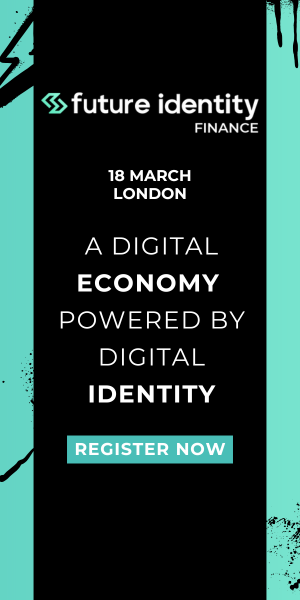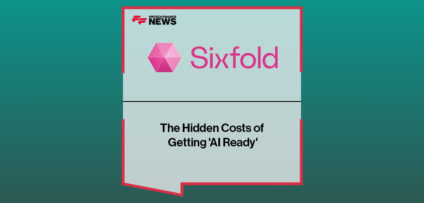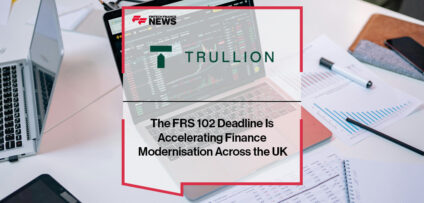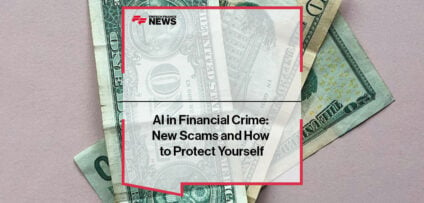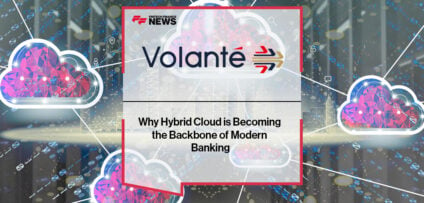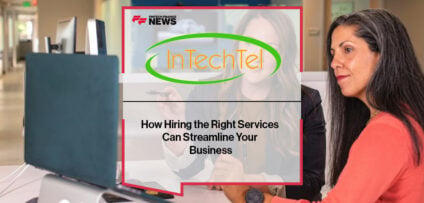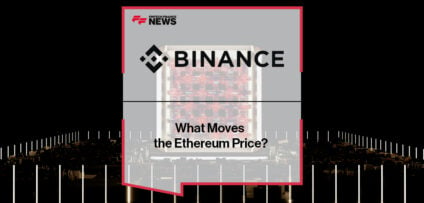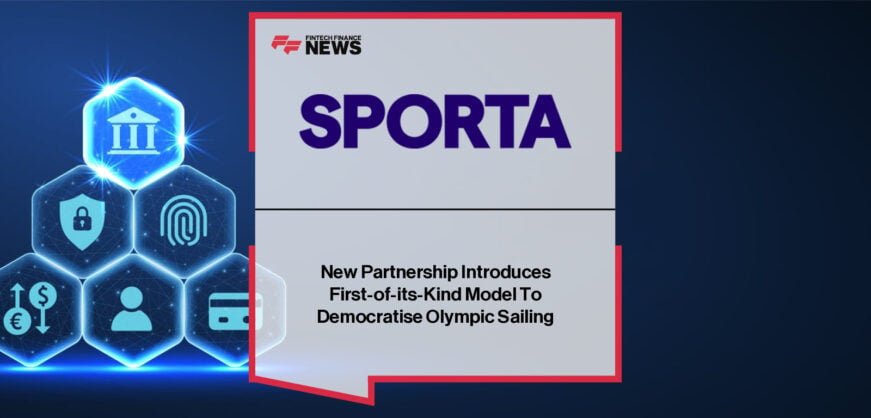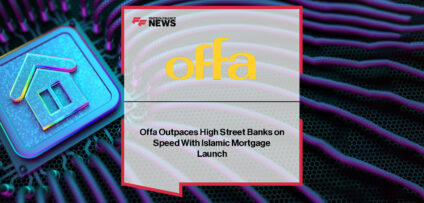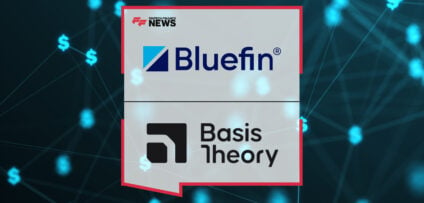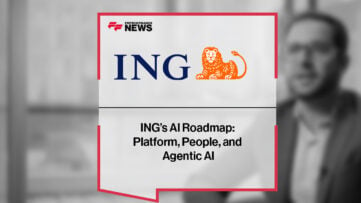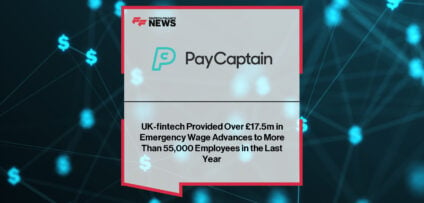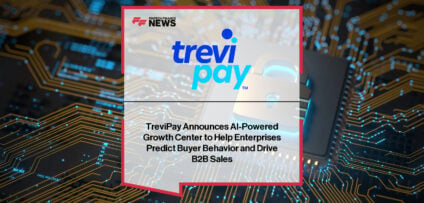Breaking News
Building a Challenger Bank
Nudging people across the chasm between old and new
By Steve Hastings, Founder & Executive Planning Director at isobel
The UK consumer banking sector is huge and exciting. We are the largest banking sector in Europe and the fourth largest in the world. There has been well-documented growth among the disruptors, although many in the industry expected this to slow.
And yet, a large number of customers still do not use their new bank as their main transactional account. There remains a significant challenge in monetising the customer base without destroying the attraction of a new bank.
Future growth will be hard-won. Once the early adopters and young market entrants have signed up, the challengers will need to ask slower adopters to switch loyalty and actively change something. To get up off their backside and jump.
If you have been with an established bank for your whole adult life you may be used to the reassurance and solidity of the incumbent. You may reason that much of your financial history is logged there. Although you may not feel a piercing loyalty to your long-term bank (indeed many are largely indifferent to their bank or even dislike it), getting up and making the change feels one step too far.
The challengers bring speed and accessibility. My friend’s Australian daughter, who’s staying in the UK for three months, was asked for several impossible proof points by a traditional bank when opening an account.
Over at Monzo, she was able to open an account within 20 minutes. Challenger banks also allow people to try before they buy. You can get the card and the kudos while still retaining your old bank. So, this is one chasm you can leap over in two steps.
This ‘trial’ period can become fruitful. After a year of banking with a challenger, average balances have grown, suggesting for some their paycheque is being deposited there. One way the fintech’s have grown their penetration rate is by offering a Travelcard with the best possible exchange rate for travellers. It’s an easy and logical thing for a traveller to do and it doesn’t carry the emotional torment of changing from your lifelong brand.
What else can challengers do to help take up?
Firstly, they will need to justify the natural trust many people feel for newly constructed products and services by avoiding any bad publicity. Fintechs will have to be careful about airing their business model. It’s hard to make money as a young company in an increasingly regulated industry. People might worry about depositing cash to a potentially money-draining brand.
Their product has to be utterly reliable and as simple as an Apple phone to operate. This is one area where fintechs can dominate due to their technical savviness.
The final hurdle is to build so-called ‘positive awareness.’
The brand name must be known and ideally its key brand assets (colour, logo, style, etc) should be easy to recognise, distinctive and feel future facing.
Brand awareness and brand trust is often built by broadcast advertising. Being widely visible often gives people a feeling of trust in the brand. If a brand is on TV, people think ‘it has a reputation to lose, it will try harder, it must be doing well’. Other channels including digital have their role to play too.
This process works best for challengers because people instantly engage with their brand. Then they feel inclined to want success for the brand as they join up.
The issue for fintechs with building a business brand based on TV broadcast advertising is the very significant costs involved. Brand-building rarely happens with a single burst. Activity needs to be repeated and sustained over the medium and long term. This is hard to maintain when the business is likely to be in loss.
There are lower cost options available. Once basic brand name recognition is built with a significant base of potential users (say 30% prompted awareness amongst the banked sector) then the key is to maintain momentum by being seen and heard in as many places as possible.
Surround people. Surprise them. Create the feeling you’re bigger than you really are. Sponsor events, teams, consider unusual behaviour that gets
reported and noticed.
Get smart with your media money. You have the permission to act in a maverick way, and you will probably be liked for it.
Remember Innocent smoothies? Famous for running a taste test at a festival, with people putting their used cups into a yes or no bin to vote for launching the flavour – or not. A small action created huge reverberation. This is not a recipe for building a business and a brand on the cheap, rather it is a suggestion for reducing the costs of acquisition. It still requires significant capital and the commitment over the medium term.
However we believe such a grab of share needn’t all be driven by weight of spend alone. We can gently nudge people over the chasm with clever media and creative thinking.
- New Partnership Introduces First-of-its-Kind Model To Democratise Olympic Sailing Read more
- Offa Outpaces High Street Banks on Speed With Islamic Mortgage Launch Read more
- Bluefin and Basis Theory Partner to Enable Unified Tokenization Across Digital and In-Person Payments Read more
- Invest Bank and AUTON8 Build Partnership to Drive Digital Resilience and Banking Agility Read more
- ING’s AI Roadmap: Platform, People, and Agentic AI Read more


